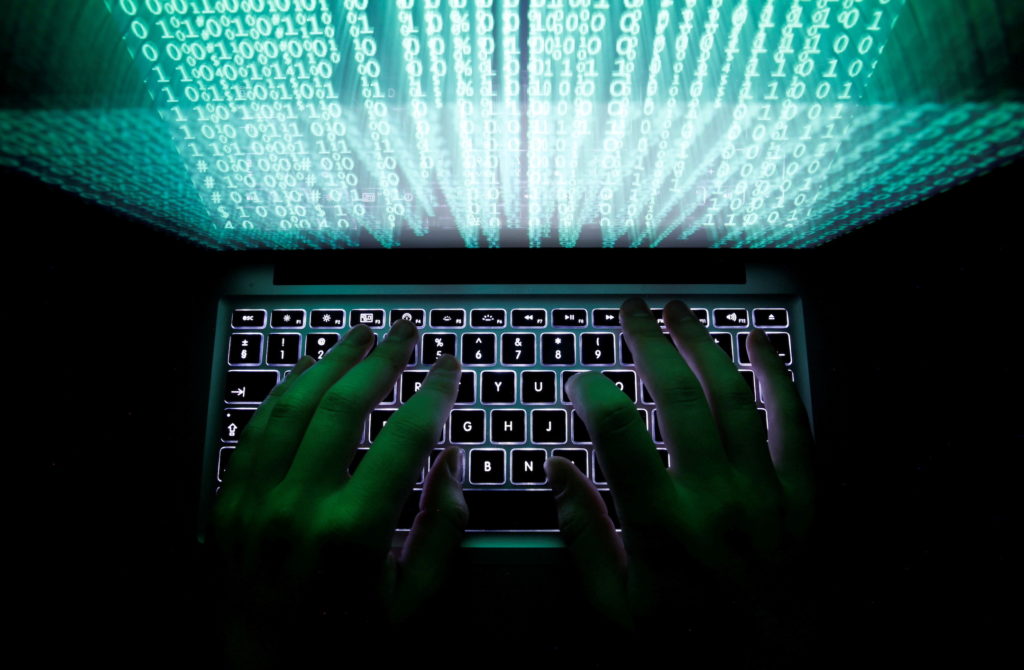
Shayan Sardarizadeh:
Well, it is not easy. It's not an easy question for me. It's not an easy question for journalists, never mind the ordinary member of the public who just wants to go online and see what's going on.
It's important to just, first of all, to be careful about the source. Who's saying this? How biased are they? What type of narrative are they pushing? Just have a look at their profile online. Again, they might have hundreds of thousands of followers, millions of followers, but are they actually pushing a certain narrative, a certain agenda?
Or are they somebody who's genuinely or an outlet who's genuinely trying to tell the story of the conflict without putting any personal bias into it? See whether this video that has got 10 million views, has it been reported anywhere else? Has any of the journalists who are either in Israel or in Gaza mentioned this, referred to it?
Try and follow people, actual journalists who are on the ground or actual people, witnesses, eyewitnesses who have reliably posted videos from what's happening on the ground on several occasions before this particular video. So, if you see something that is incredibly viral, that doesn't necessarily mean it's true. It also doesn't necessarily mean it's false.
It just means, with a conflict like this, we all have to be careful. If you're not 100 percent, the best thing to do is just not share it.
ncG1vNJzZmivp6x7sa7SZ6arn1%2Bjsri%2Fx6isq2ejnby4e9OhnGannqG2r7GMoqWfp6KirrW1zqdksJmiYry3sdFmnZqjlWKwsLrTnqWtZZyeu6yxw2arqGWZqL%2Bisctmn5qlkah6pLvNn6Oim6Q%3D